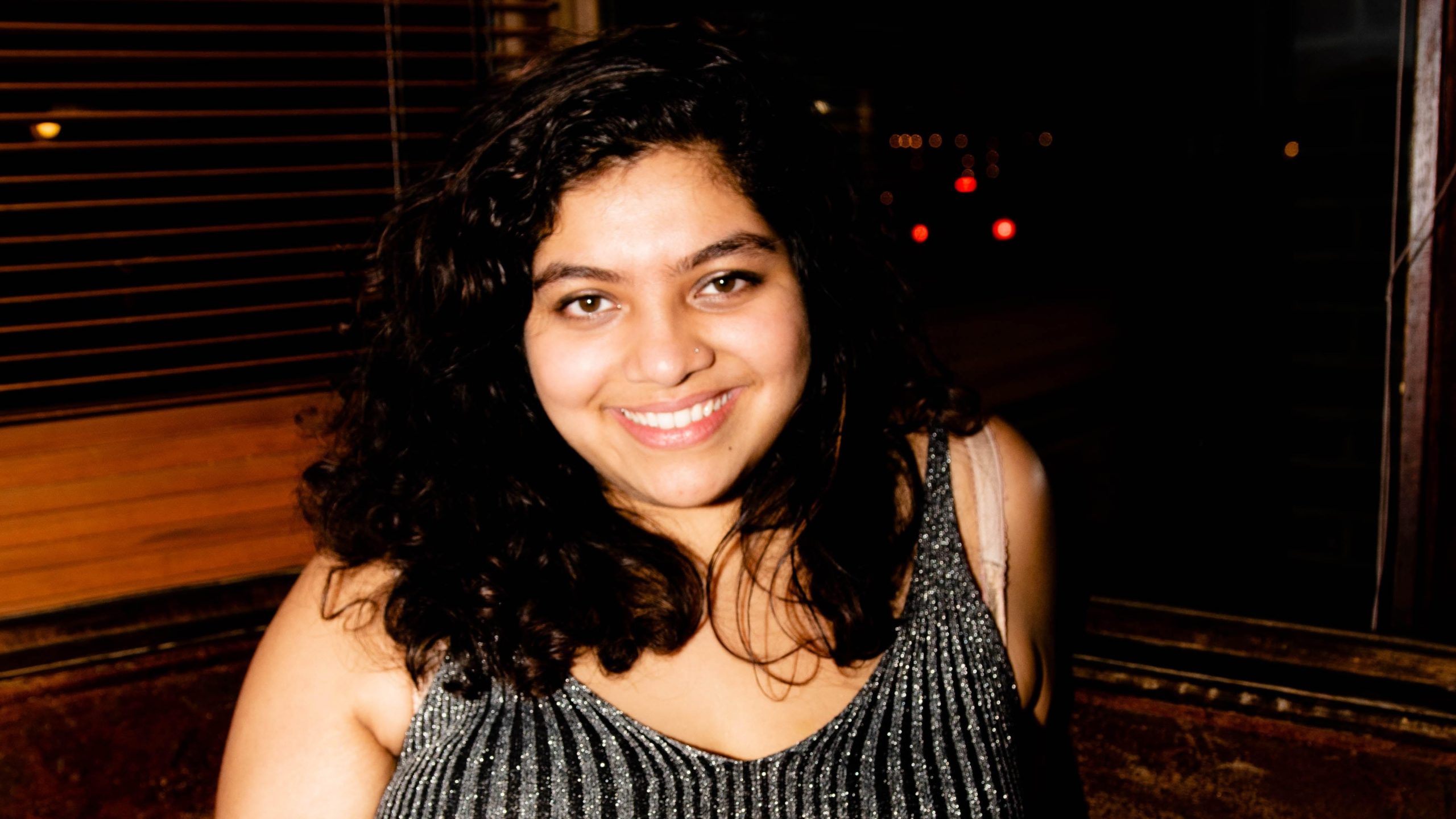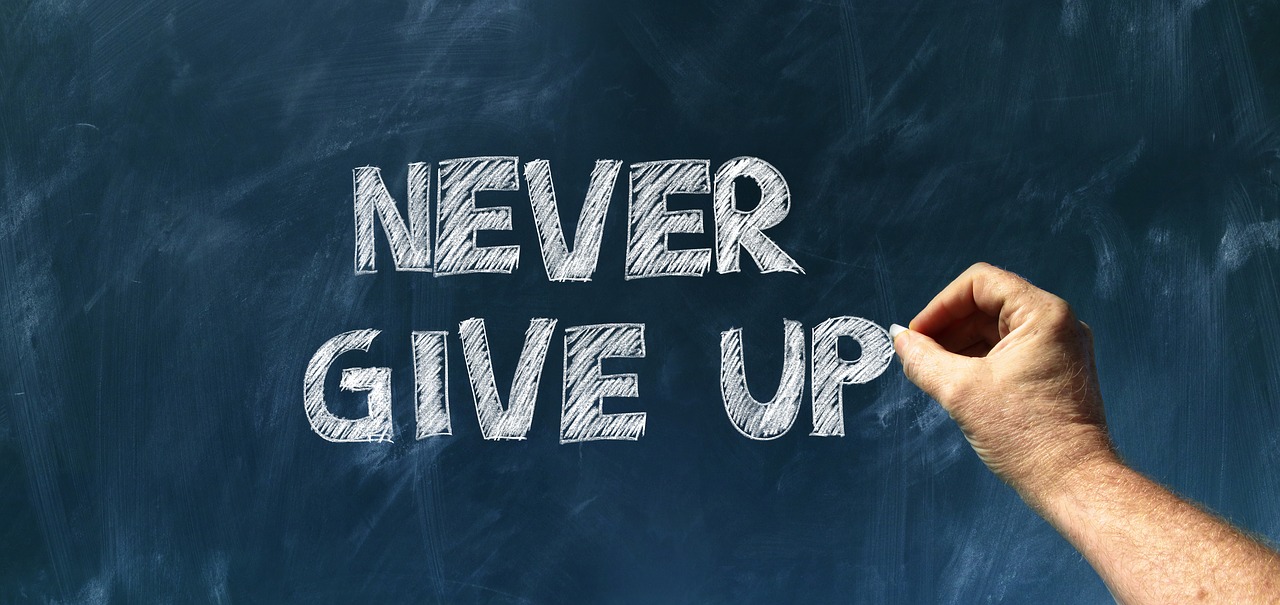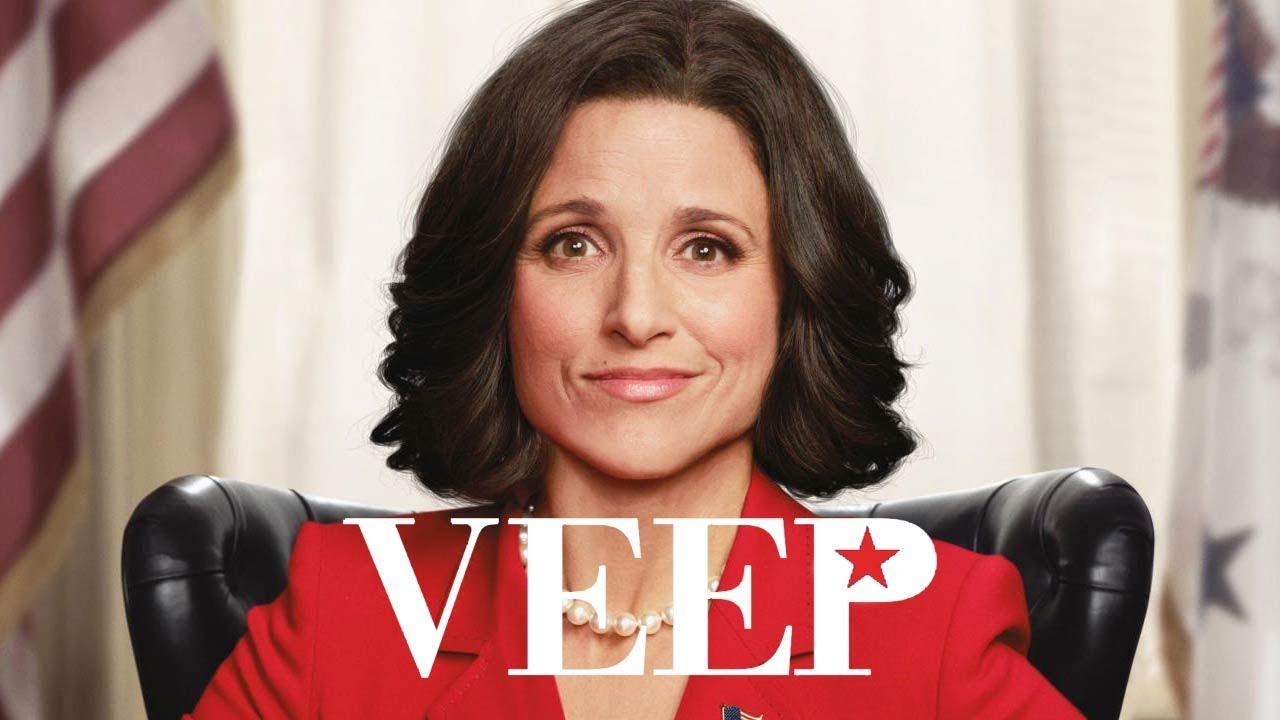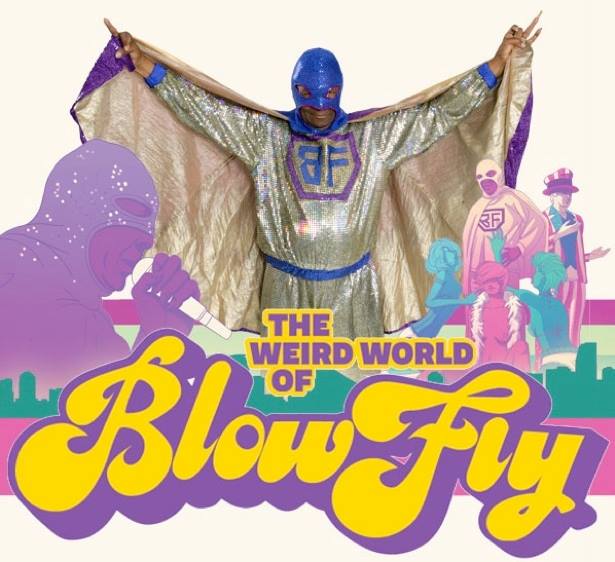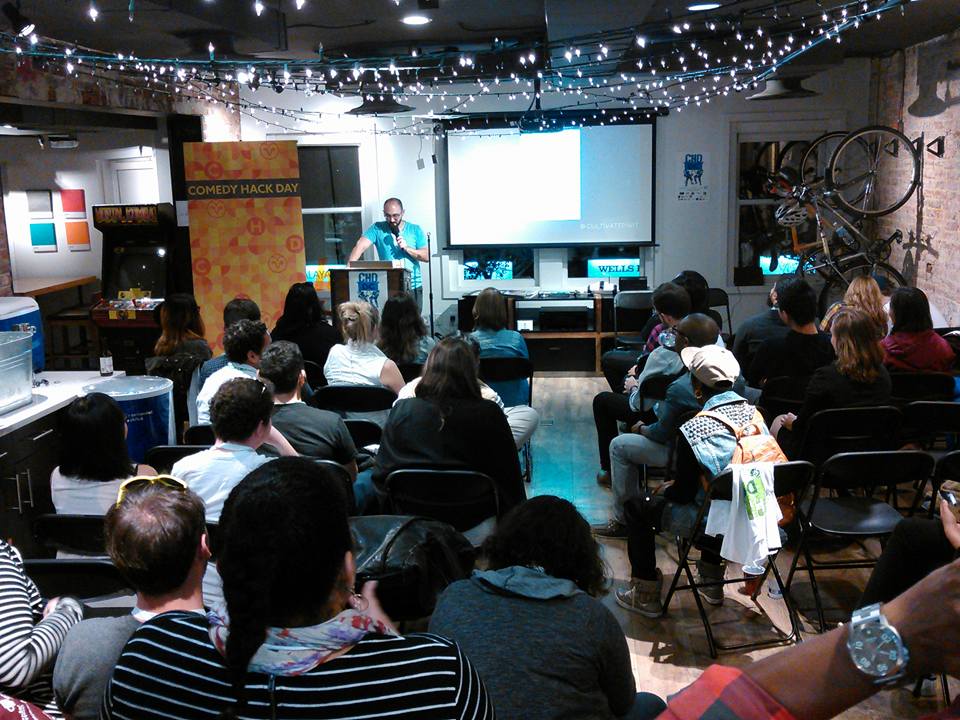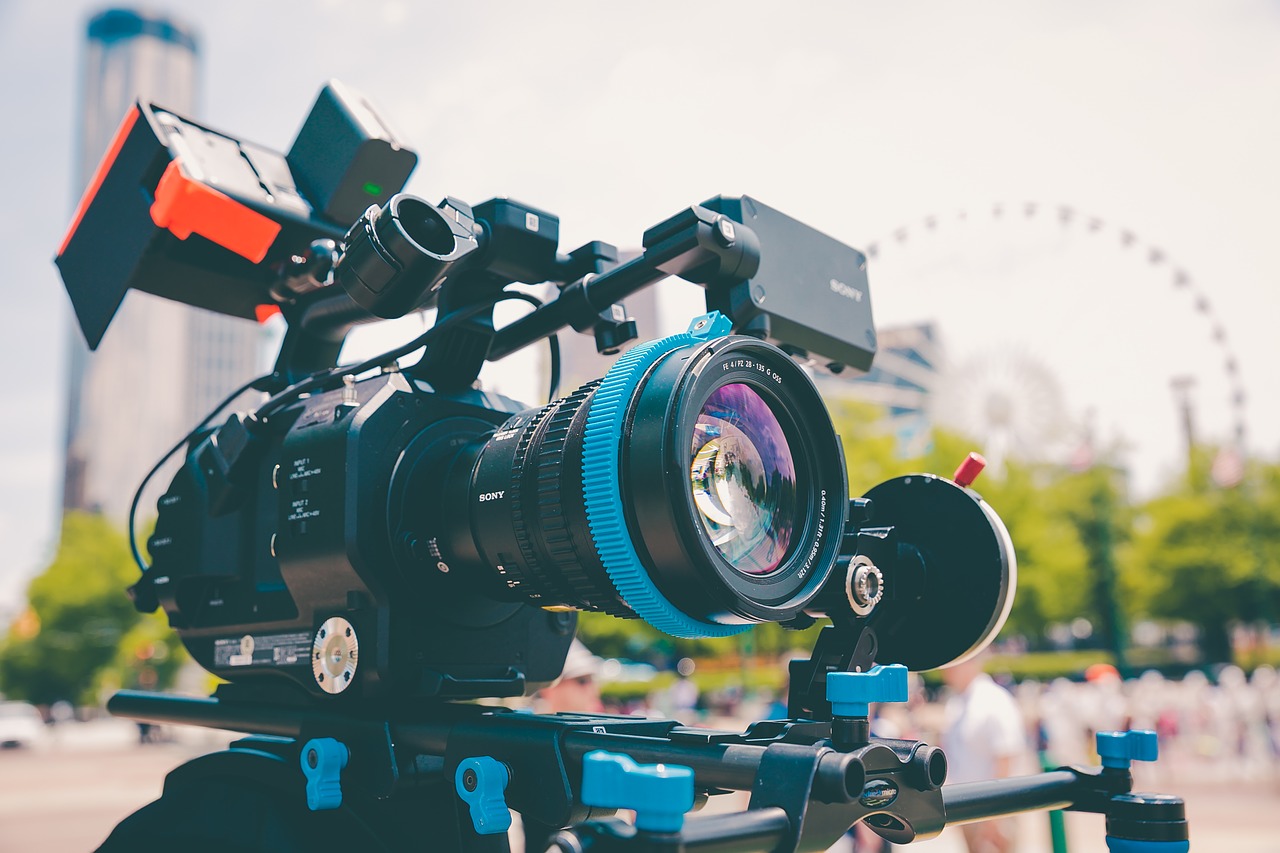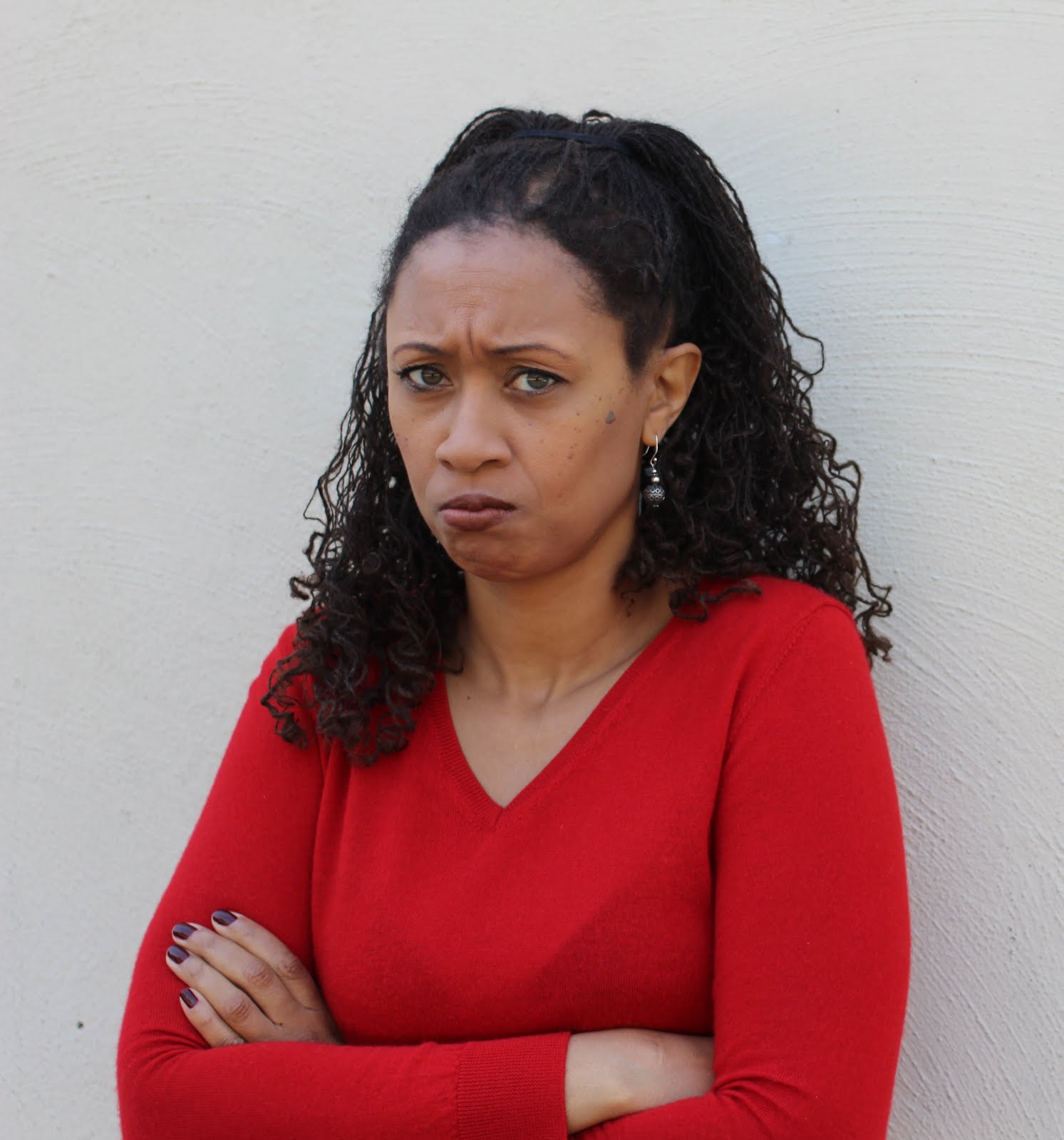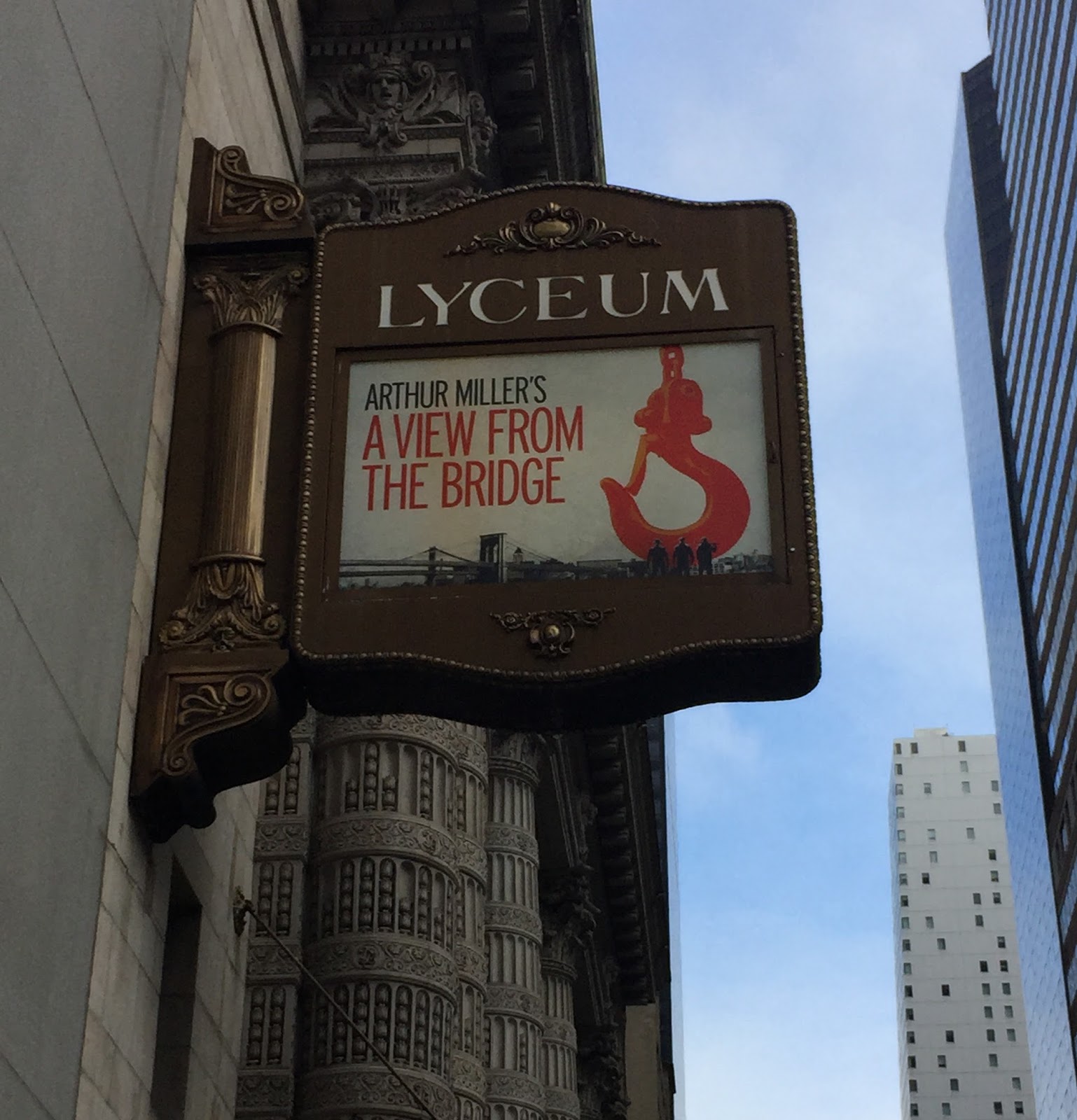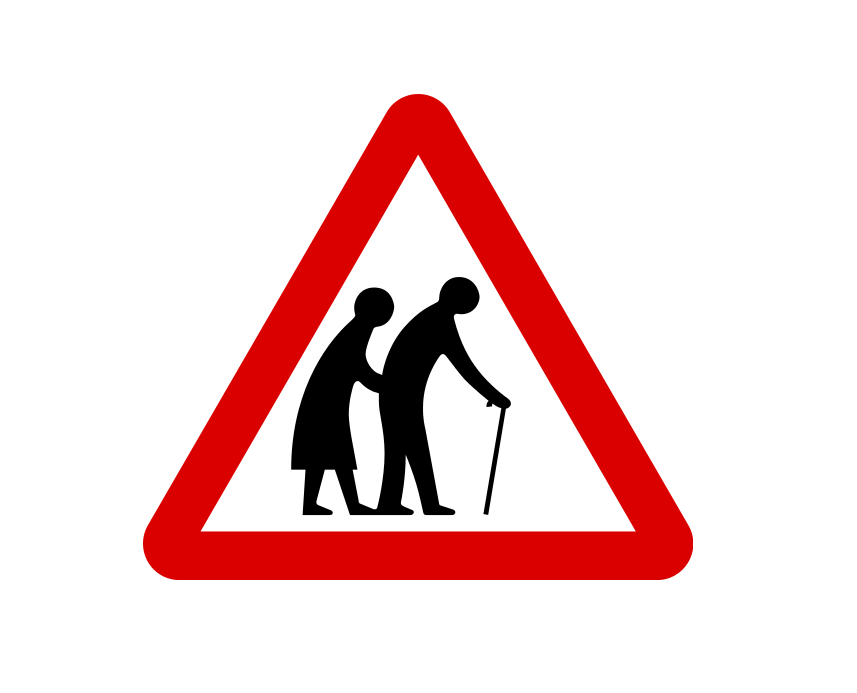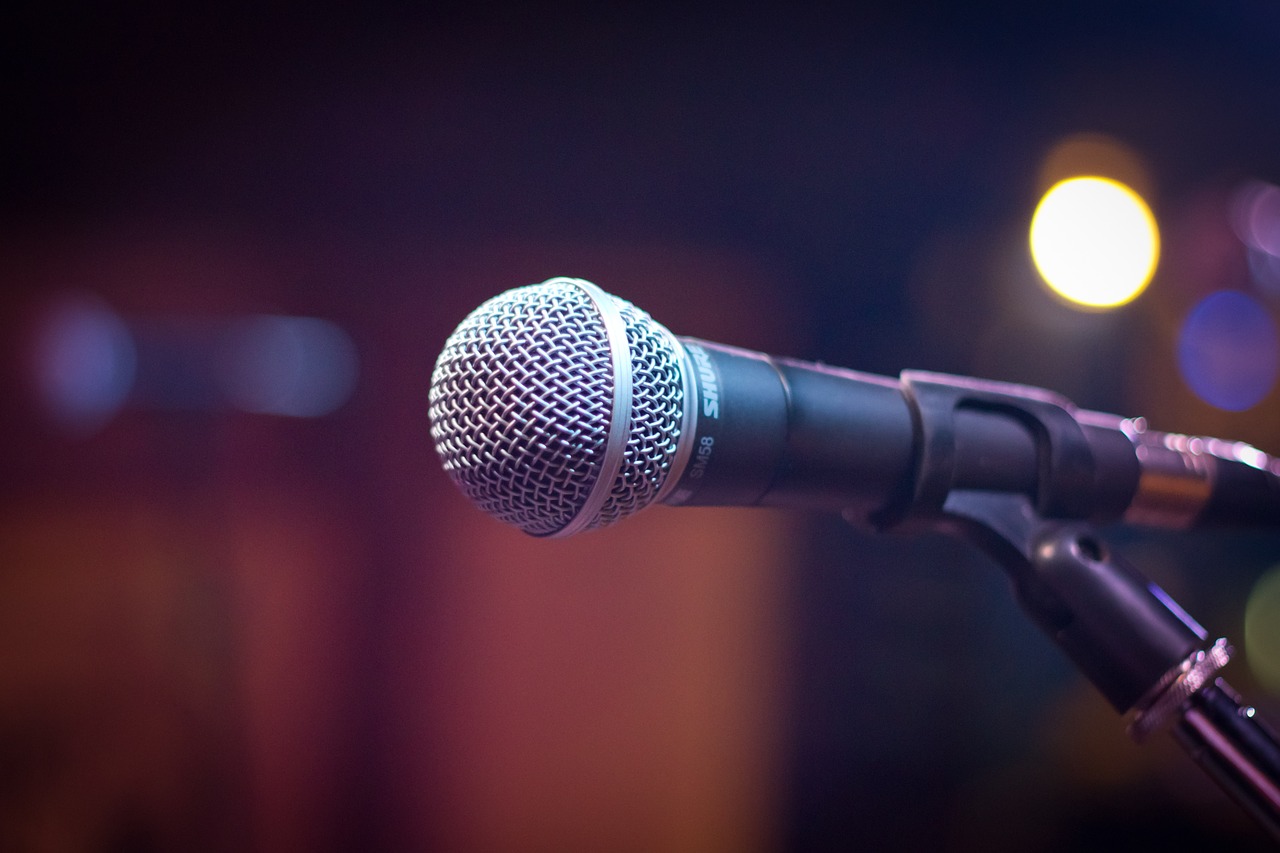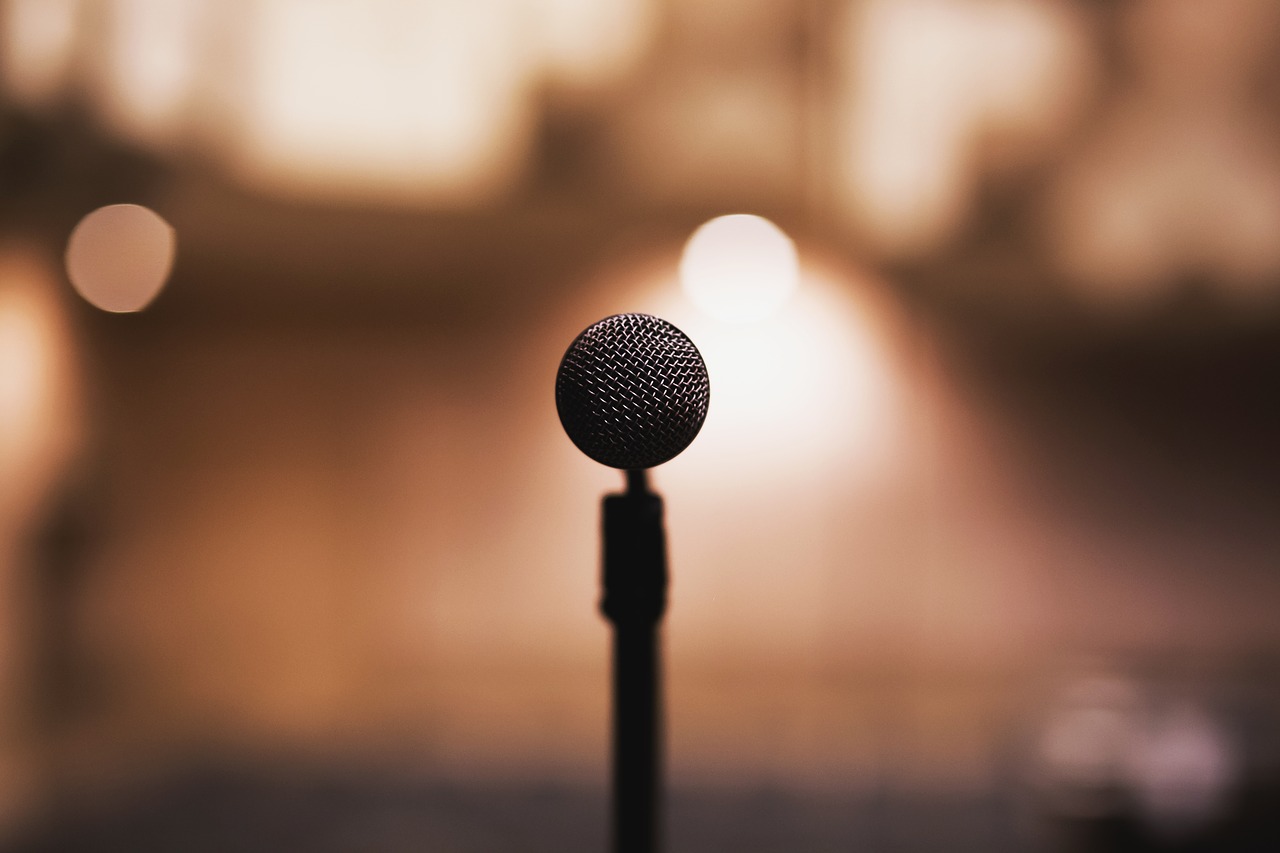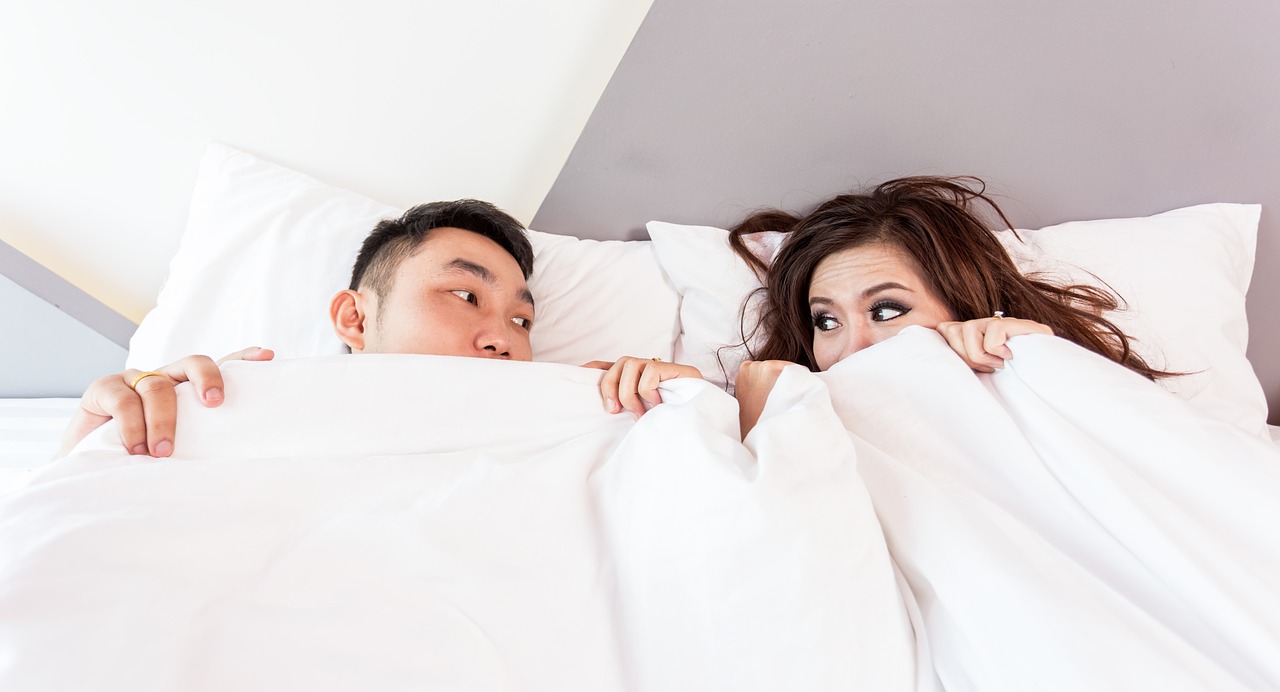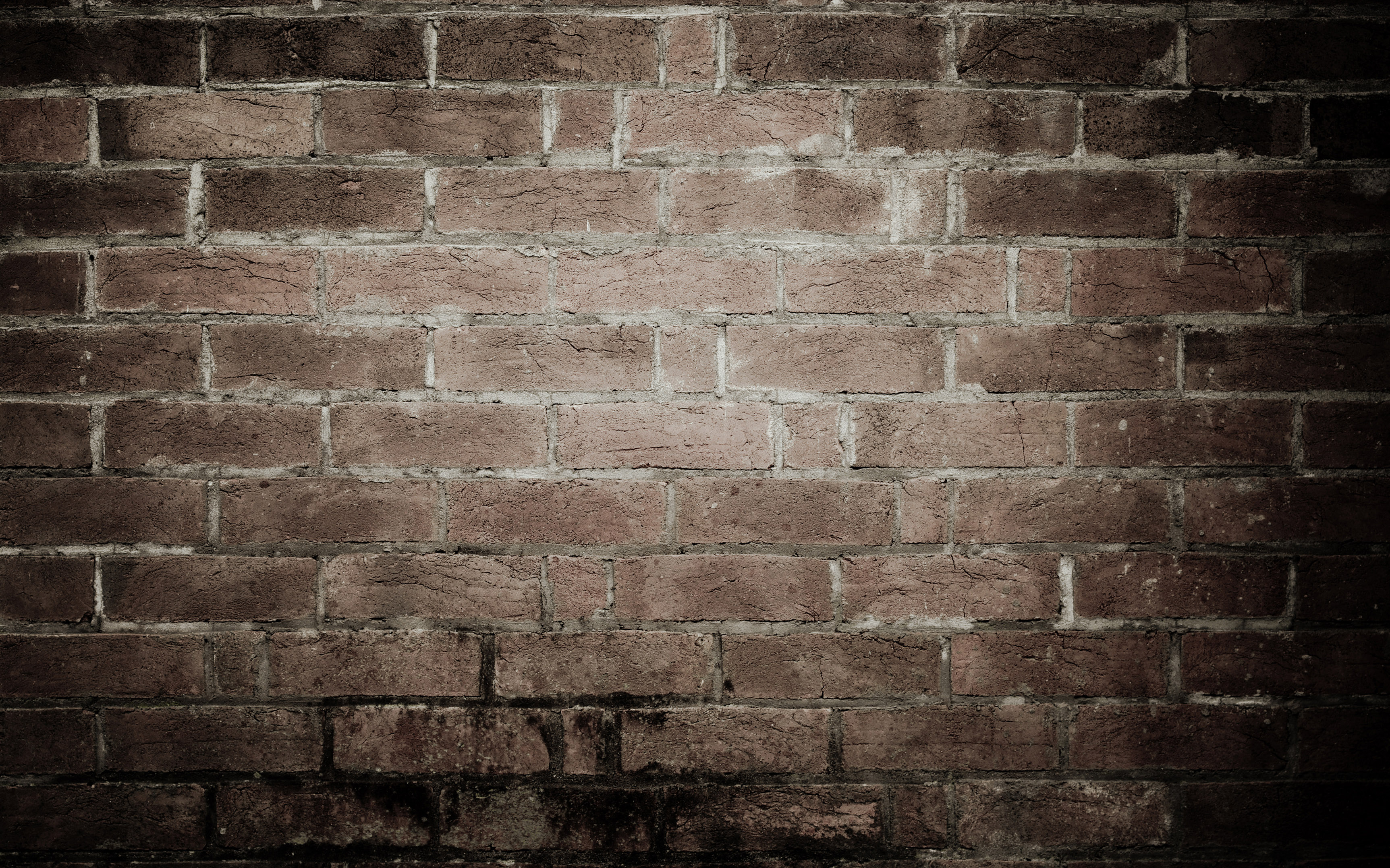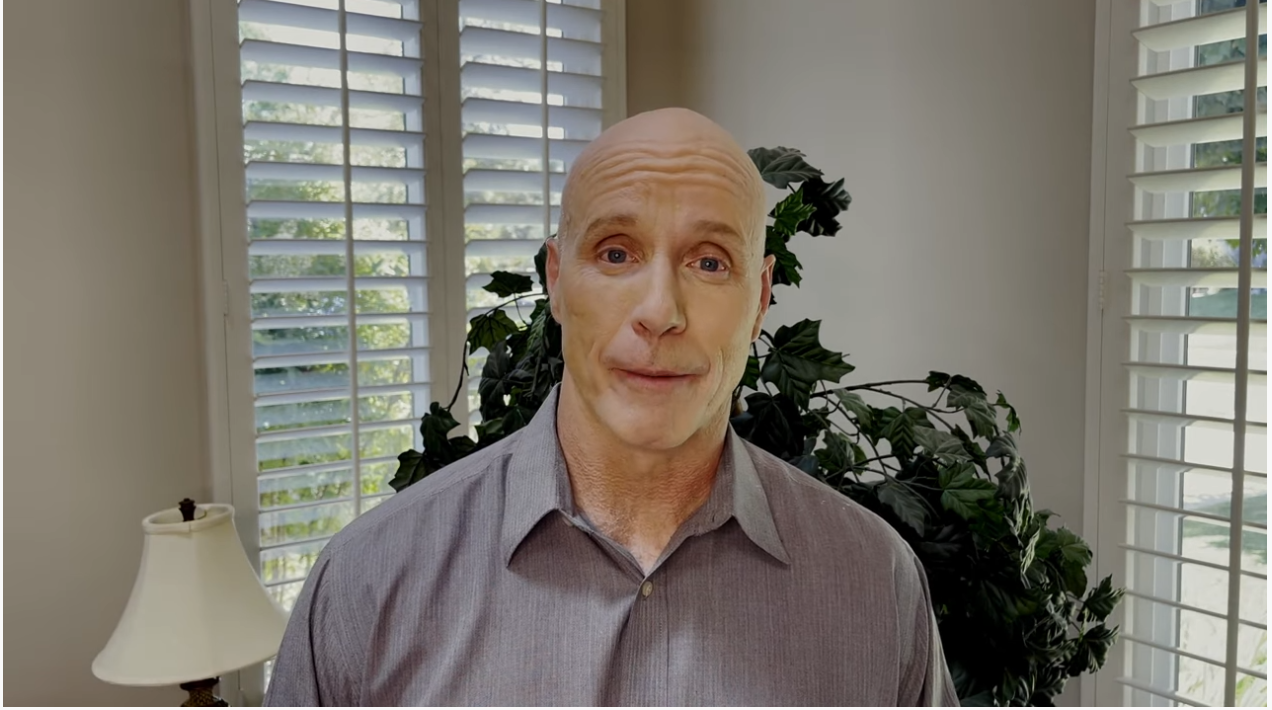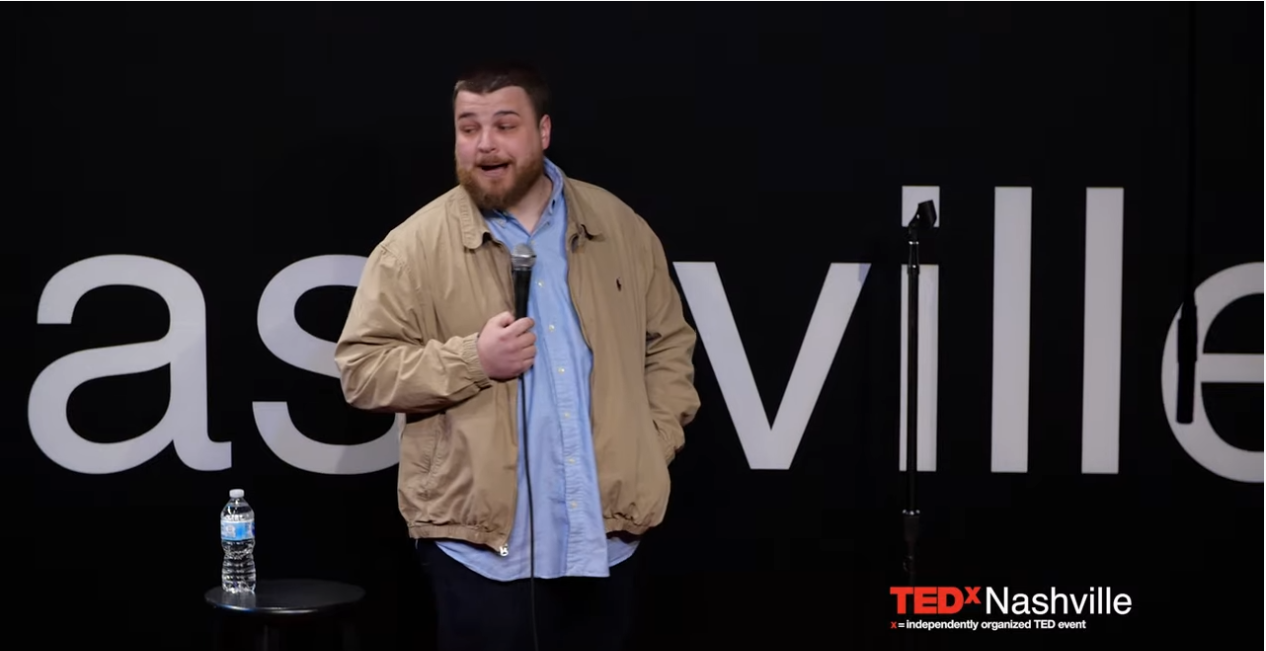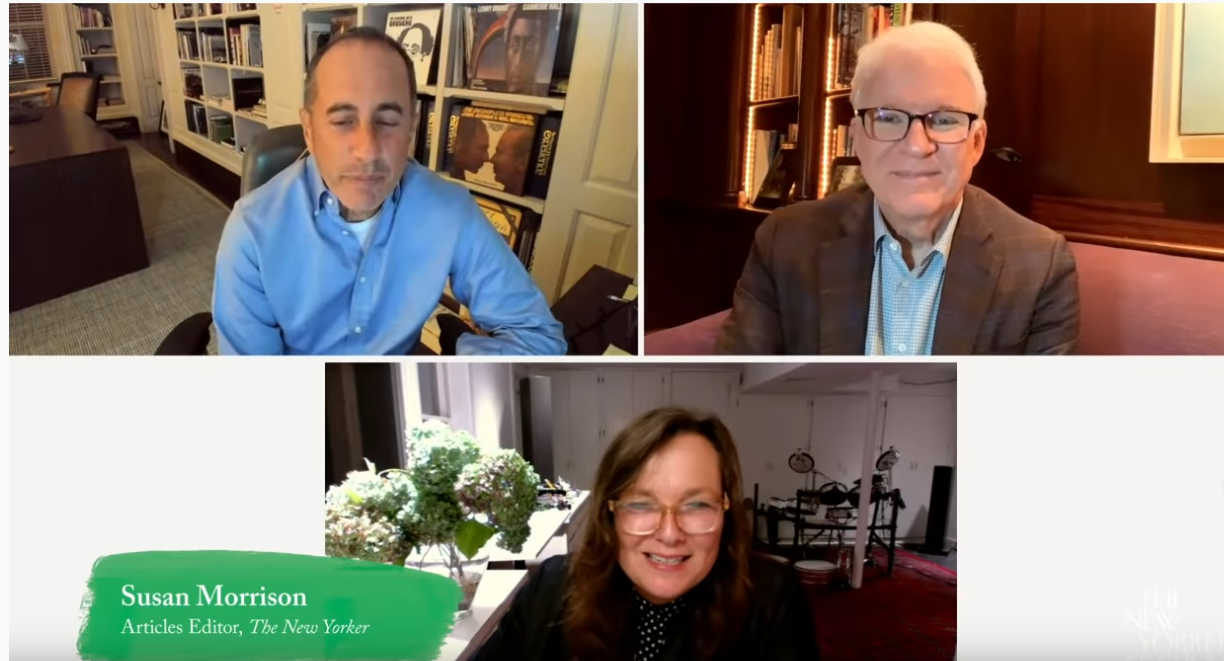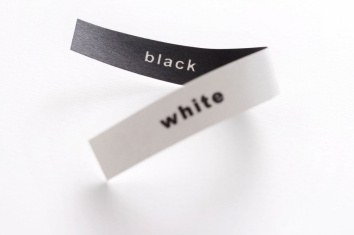
I am not an urban act – I am a black comedian.
Years ago when I began in standup, I was encouraged to adhere to a certain decree: write funny and stay away from racial humor. Presumably, if you abided by these principles your place in the pecking order of the national comedy scene would be made easier. There were other prerequisites required to assume a position as a working headliner: have a solid hour of funny material, collect a few TV credits and don’t piss people off. However, within the hundreds of open mics I’ve suffered, the year I spent as an opener, the accolades I received as a feature, my 10-plus year headlining career, and my dozen or so TV credits, nobody told me to only expect headliner consistency if I was popular enough to draw black people to my show.
As part of my work week, I spend hours combing through the schedules of some of the most popular comedy clubs in the country and rarely do I see the name of an African-American headliner who isn’t a celebrity act. I certainly don’t begrudge these comedians for getting their paper; I actually applaud their efforts in consistently requesting quality black headliner support acts for their shows with the hope of “getting them in.” However, most of these supporting acts still end up in the abyss of those of us who experience unreturned phone calls and unfulfilled promises no matter how well they perform. Furthermore, I am not minimizing the work ethic or talent of the black celebrity act, but I do question how much the door deal plays into the much heralded “creative vision for the club.”
There is a reason for question.
There are extremely talented regional urban acts that, in large part, get as much out of an audience as the black celebrity act, so why then are their dates restricted to off nights and split weeks? If there is consistency in artistic integrity why wouldn’t these performers get their own full weeks? Why are black mainstream acts with solid resumes asked to consider headlining the Sunday urban shows while equally or less qualified non-black counterparts fill weekly schedules? My findings are not an overall portrayal, but they are certainly more the rule than the exception. Look for yourself.
As a whole, the mainstream black headliner is approaching a point of extinction. If it weren’t for summer dates, holidays and fall-outs, our schedules would be filled primarily with cross-country one-nighters, random college dates, defensive driving classes and cruise ships.
The evolution of the comedy club has not been kind to us. There is a certain sadness that accompanies that last show of a week in an A-room for this headliner. After I’m done with paperwork and exchanging pleasantries with the manager in charge, there is an indescribable feeling of helplessness. I never know if the random series of circumstances that secured this week for me will ever occur again. I pathetically take pictures of my name on the marquee, in case I must prove that I was actually there, and walk away knowing that my non-black feature has likely secured another date even before he signed his W-9.
American audiences should be given more credit for appreciating great comedy regardless of who delivers it to them.
That last night, I go back to my living quarters and second guess my set choices; I know how to make them laugh but still wonder if I was artistically appealing enough to get back. It keeps me awake for most of the night. I wonder if I ate too much at the club, if I should have tipped more, if I was too hard on the heckler or if I laughed enough at the popular radio hosts’ jokes for him to list me as one of his favorites.
It’s hard to communicate my position anywhere other than in my head, because non-black headliners experience the same struggles, but perceivably for the booker, there is no question of their relatability, which makes them an easier hire. For those who don’t know, the vast majority of club bookers are white.
In fairness, I don’t think some overall conspiracy exists to only book black people who can draw black people, but what can’t be argued is that there is a certain segregationist tone to the booking philosophies of popular rooms. I have never owned a comedy club, but I do understand that they survive on what is funny and mainstream. I just believe American audiences should be given more credit for appreciating great comedy regardless of who delivers it to them.
Ultimately, the solution comes with the recognition that this society is one of discovery. Bookers should lend credence to the fact that black females quote Sarah Silverman and white guys know Eddie Murphy’s Raw verbatim. We all want to discover something that extends outside of popularity in order to expose others to our individually acquired tastes. My suggestion is that bookers would trust the art as the art trusts them, adhere to the standards that you preach to young black comics, and reward them for the living up to your challenge.

